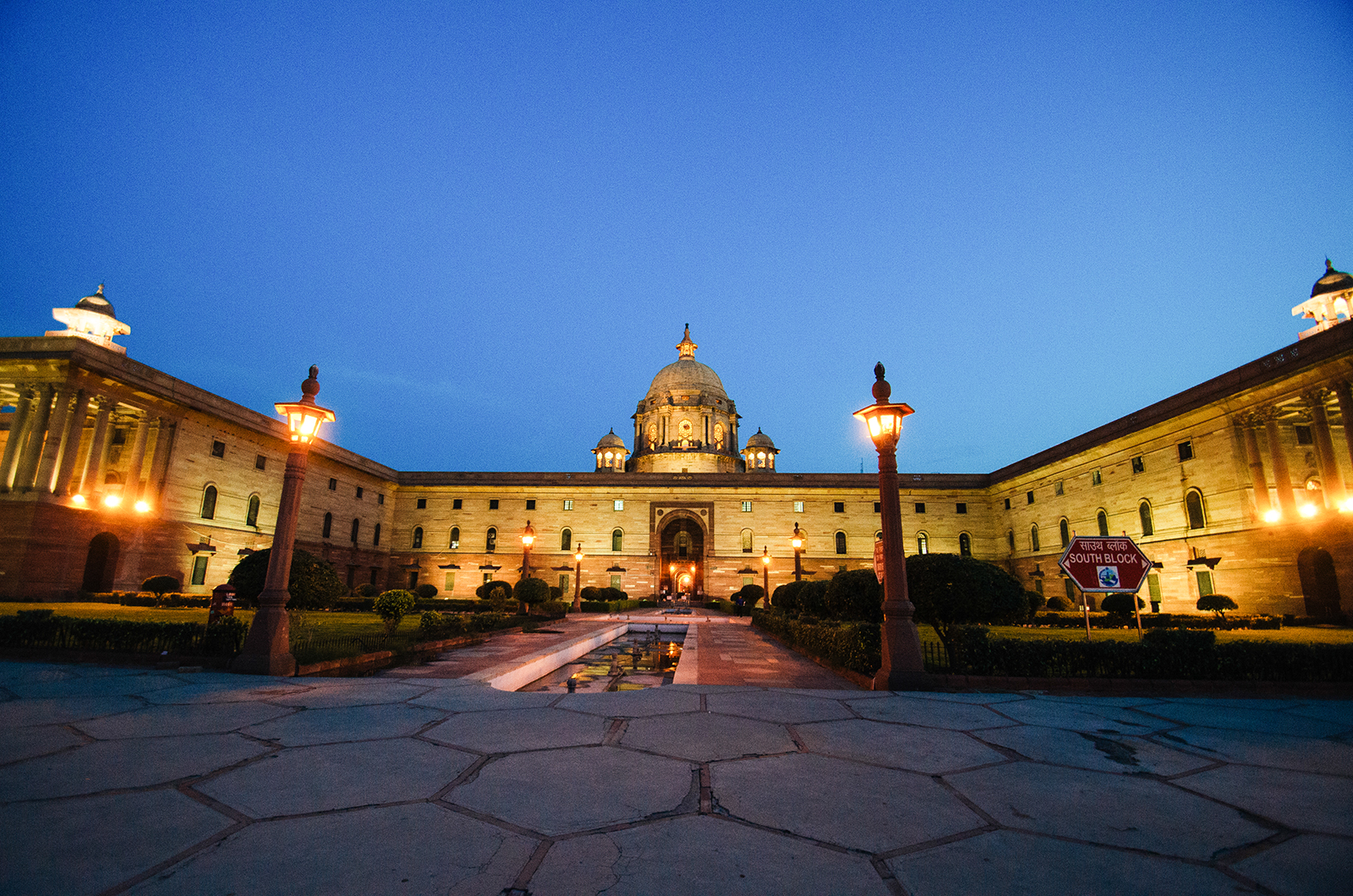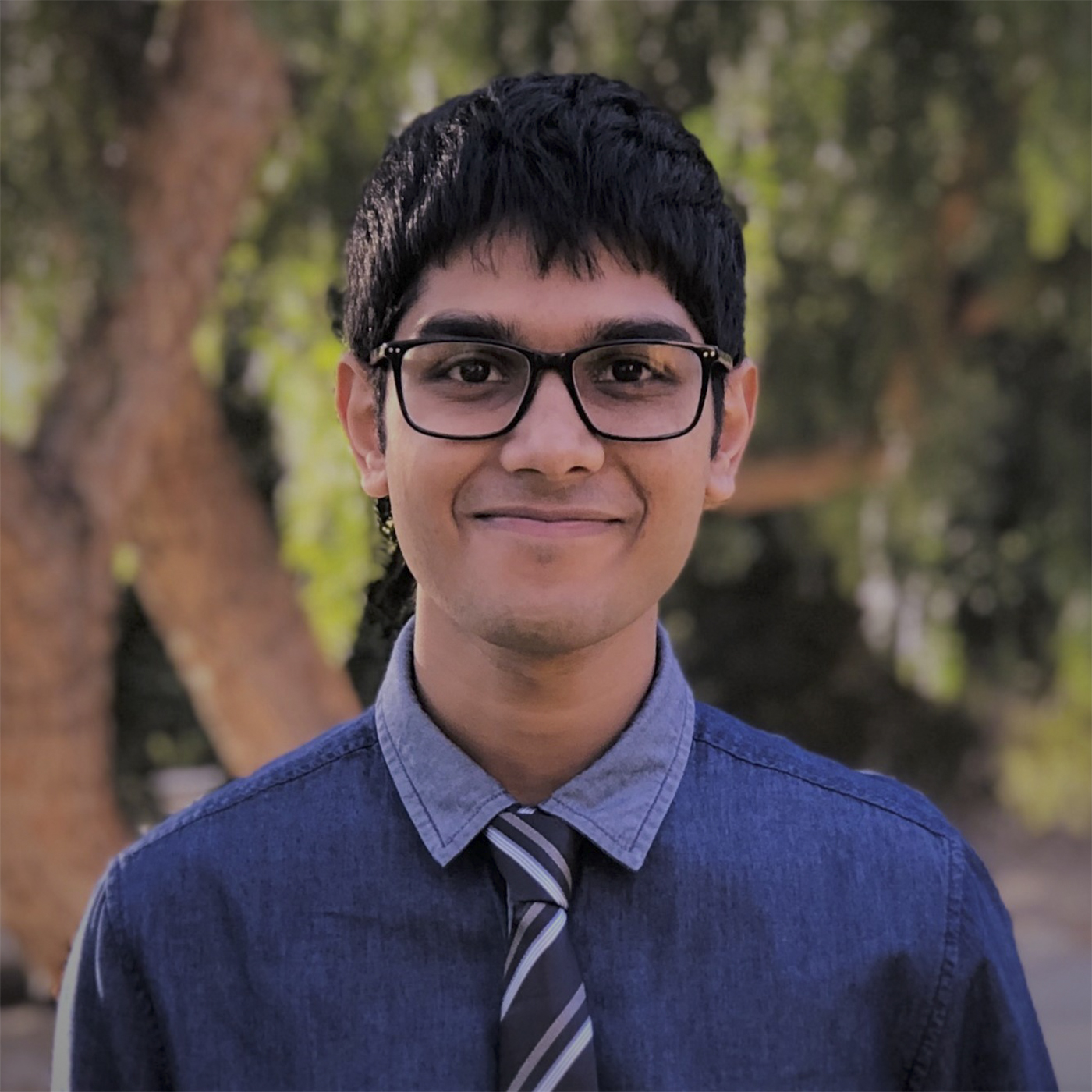Students, faculty react to protests against India’s newly passed citizenship act

The Indian government passed a controversial citizenship law in December, leading to protests across the nation. The Citizenship Amendment Act provides a fast-tracked path to citizenship. However, Muslim migrants are not granted this quicker path to citizenship. (Creative Commons photo by Ashwin Kumar via Wikimedia Commons)

By Eshan Uniyal
Jan. 5, 2020 11:24 p.m.
A controversial citizenship law passed by the Indian government last month has prompted protests across the country and concern from UCLA faculty and students with ties to India.
Prime Minister Narendra Modi’s right-wing government passed the Citizenship Amendment Act on Dec. 12. The act provides a fast-tracked path to Indian citizenship to Hindus, Sikhs, Buddhists, Jains, Parsis and Christians who illegally entered India from Muslim-majority Afghanistan, Bangladesh or Pakistan before 2015.
Muslim migrants are not granted this quicker path to citizenship, marking the first time religion has been made a criterion for citizenship in Indian law, according to the Washington Post. An election promise of Modi’s Bharatiya Janata Party, the legislation has incited protests on the grounds that it is discriminatory against Muslims.
Protests turned violent within days of the passage of the legislation. Police stormed Jamia Millia Islamia University in Delhi on Dec. 15 and attacked students with sticks and fired tear gas canisters after protesters allegedly pelted the police with stones and torched buses. With at least 200 students injured, concerns about police brutality exacerbated protests in major Indian cities and universities.
According to The Times of India, as of Dec. 26, at least 20 people have since been killed in protests in the BJP-ruled state of Uttar Pradesh alone. The death toll in India’s most populous state is more than the count reported in Hong Kong in connection to a pro-democracy movement that started in June.
Aashna Unadkat, a third-year linguistics student who grew up in India, said she thinks the police have retaliated against largely peaceful protestors with excess force.
“It’s been brutal, honestly,” said Unadkat, who was raised Hindu.
Talib Attarwala, a second-year chemical engineering student of Indian descent, said he believes the BJP government is undermining India’s constitution and is doing everything in its power to make Muslims’ lives difficult.
However, Narayan Singh Rao, who worked as a member of the national information technology committee of BJP’s youth wing in the 2014 elections, said he thinks the police crackdown is justified when protests turn violent.
“People have the right to protest; that’s a fundamental right, and it should be exercised … but violence is not,” Rao said. “You cannot just throw stones on buses or light them on fire.”
The government has imposed internet shutdowns – numbering more than any other country in the world over the past few years – and banned the assembly of more than four persons in some states and parts of major Indian cities since protests first turned violent.
Amit Shah, the president of the BJP and the Minister of Home Affairs, declared in November that the National Register of Citizens would be implemented nationwide. The NRC, another election promise of the BJP, aims to validate bona fide Indian citizens and identify illegal immigrants.
In Assam, the only state in which the NRC has been implemented thus far, 1.9 million residents were excluded from the final list published in August. The BJP expressed concern that too many Hindus had been excluded from the final list and illegal immigrants, typically Bangladeshi Muslims, had been included as citizens.
Critics believe the CAA is designed to grant citizenship to non-Muslims who would otherwise be excluded from the NRC while leaving excluded Muslims with no such legal recourse.
Vinay Lal, a professor of history and Asian American studies who practices Hinduism, said the BJP had expected that the majority of illegal immigrants excluded from the NRC would be Muslim, but the substantial majority of those excluded in the NRC turned out to be Hindu.
“It is not an accident that the (CAA) was introduced,” Lal said.
However, supporters of the CAA and NRC expressed faith that the BJP government would be careful to protect Muslim citizens when implementing the register.
“Amit Shah has said time and time again that if anyone is actually a citizen of India, he or she should have no problem proving their citizenship,” said Kartik Gabra, a student at Delhi Technological University who practices Hinduism.
Protests against the CAA first began in Assam as a result of fears that the local language, culture and traditions of indigenous communities would be threatened by immigrants from Bangladesh benefiting from the citizenship law.
“In Assam, the question is not so much Hindu versus Muslim,” Lal said. “The Assamese people are worried about what happens over a long period of time (when) you have a large stream of people coming from Bengal, who then begin to dominate the social landscape of Assam.”
In most other parts of the country, however, protesters are focusing on the exclusion of Muslims from the CAA and have said they believe the legislation threatens the secular foundations of India.
“When the separation (of India and Pakistan) was happening, there were certain people who strongly felt that India should be a Hindu nation. … Some people are still trying to carry on their agenda,” Attarwala said.
Attarwala, who practices Islam, added that he believes the protestors are spreading awareness that the government of India is no longer for everyone, particularly the Muslim minority.
Others still are simply protesting to affirm their right to protest, which the BJP government has been reluctant to grant, Lal said.
Despite disagreeing with the demands of the protestors, Gabra said he believes their political engagement is indicative of the health of India’s democracy.
“If the youth can be affected in such a way, it’s a really positive sign. … This is a strong democracy,” Gabra said.


